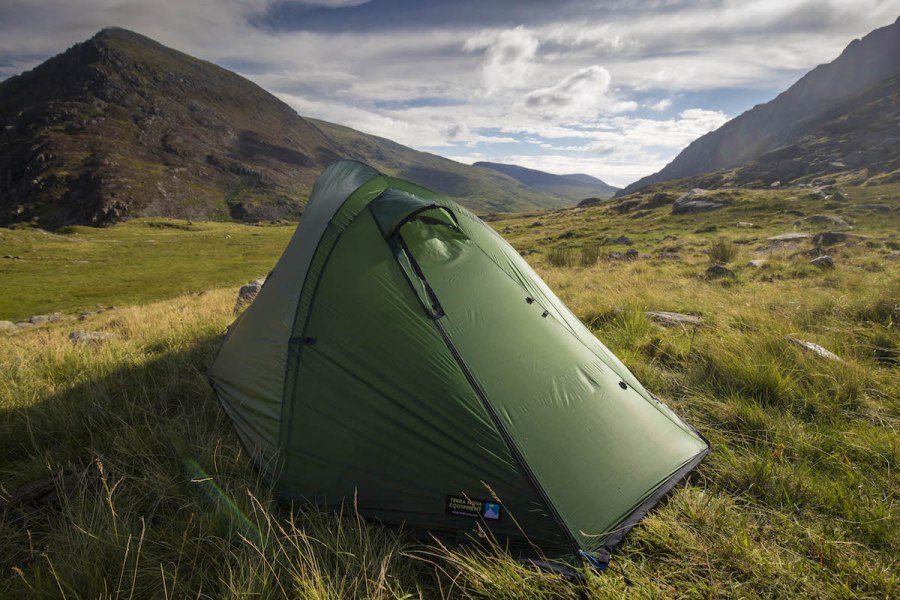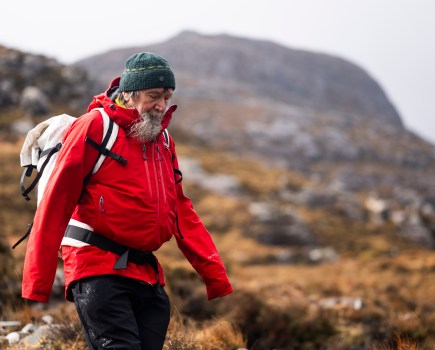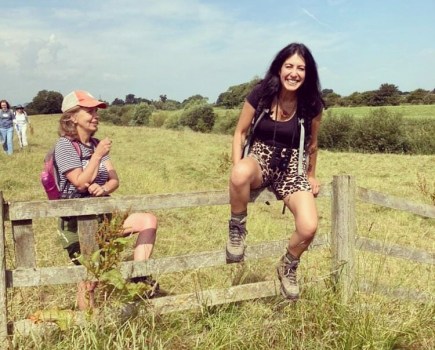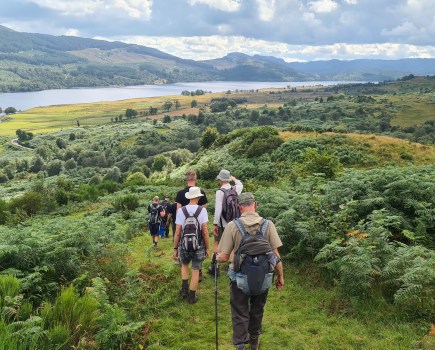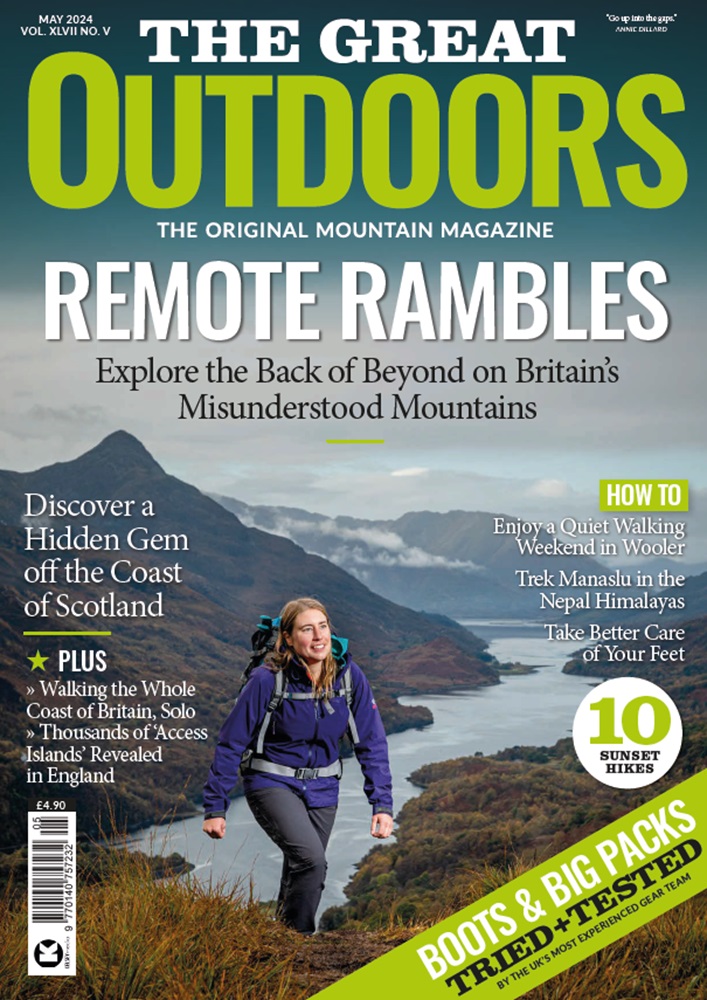A new law to criminalise trespass could be bad news for walkers and wild campers. We spoke to Nick Hayes, co-creator of an online petition to stop the law, to find out more…
Trespass is currently defined in law as a civil matter, but the government is consulting on making it a criminal offence. What’s the background on this proposed change of legislation?
There was a letter signed by about 30 Conservative MPs in 2010 proposing the criminalisation of trespass. [The gist of it] was that councils are complaining about groups of travellers moving into an area where previously they had rights, but where – through a combination of councils closing designated traveller sites and selling off land – they are no longer permitted to be. Having closed the legal places for travellers to be, the government is now proposing to criminalise the travelling community and effectively put an end to a lifestyle.

Illustrations: From The Book of Trespass by Nick Hayes.
What could the implications of the new legislation be for ramblers?
In response to our petition, the government has said that “such measures would not affect ramblers, the right to roam or rights of way. Instead, measures could be applied in specific circumstances relating to trespass with intent to reside.” They also said that the legislation “provides for an offence where the trespasser is likely to ‘substantially damage’ the land or interfere with it.”
However, the law classes trespass itself as damage – just to step a foot over the line is classed as interference. And it works on two levels. If all of a sudden trespass is a criminal offence then landowners will have the ability to call the police on people using what they consider to be a permissive path. On one level, that will deter people from using the countryside. Also, the government says that the legislation won’t affect rights of way – but, of course, a path only becomes a right of way over 20 years of continuous use. So paths that could potentially be added to the rights of way network may stop being used. The legislation could effectively stop these rights of way being created.
Could people inadvertently put themselves at risk of prosecution by straying off the path?
As it stands, trespass is the same whether you have intended to trespass or were there by accident. The government mentions intentional trespass [in its response to us], but that isn’t actually part of the law at the moment. ‘Interfere’ is a word that’s used in cases of aggravated trespass – for example a protestor standing in the way of lorries coming into a coal site. But it’s a grey area. Ultimately, it’s down to the land owner to determine whether the land has been interfered with.
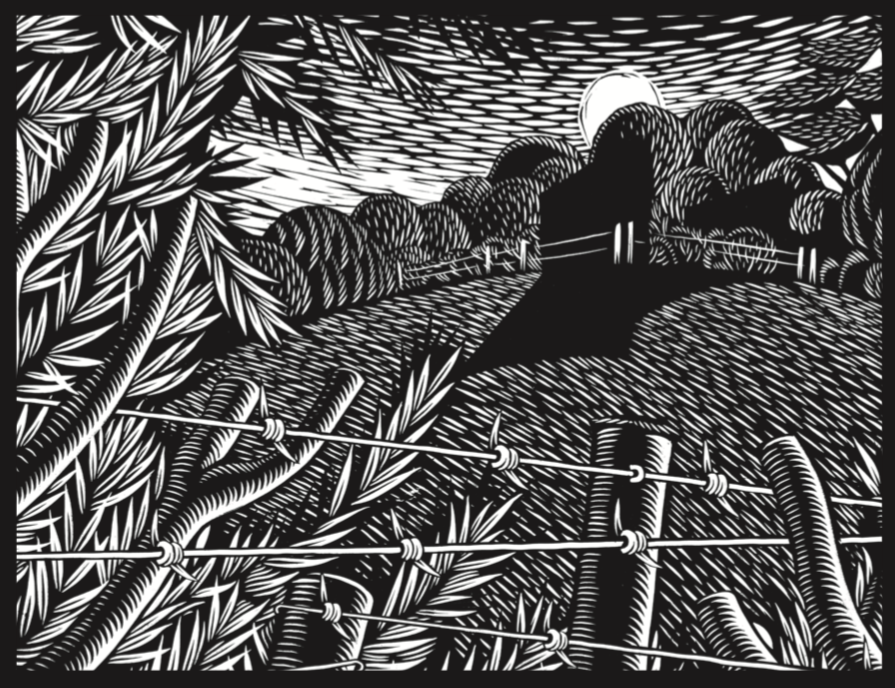
How might wild campers be impacted?
Wild camping is almost certainly going to be targeted. The government has said that the measures will be applied in cases of “trespass with intent to reside”. That’s almost certainly aimed at the travelling community, but if you’re caught with a tent up then that, of course, is intention to reside.
There’s currently some growing opposition to the notion of wild camping due to the post-lockdown rise of ‘dirty camping’ in national parks and elsewhere. Could this legislation be used as an excuse to clamp down on wild campers – perhaps even in the Lake District and Snowdonia, where it has traditionally been tolerated?
Wild camping is not part of the Countryside and Rights of Way (CRoW) Act – there is no legal right to camp. Following lockdown, there’s this new temporary visitor to the countryside who is really using it as a substitute for pubs and clubs. And there’s a strong chance that landowners who are sick of that will call the police on anyone who is wild camping. The criminalisation of trespass with intent to reside increases that chance. It was off the table before – now, potentially, it won’t be.
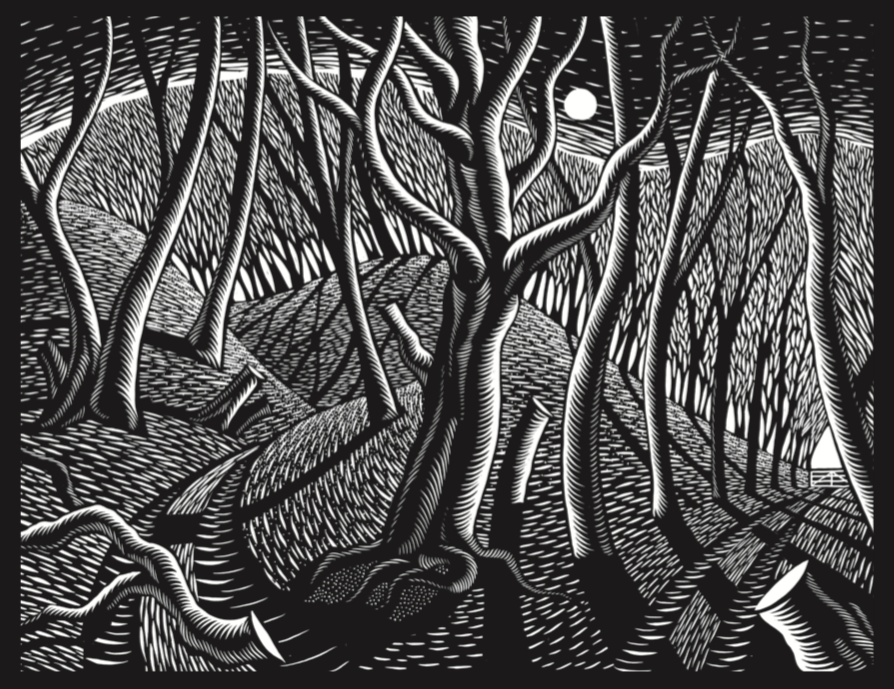
What can people do if they object to the criminalisation of trespass?
The petition only has a six-month life and it’s coming to the end on 5th September, so there’s some urgency in signing it. The aim is essentially to stop the infringement of the human rights of the largest ethnic minority community in Europe, to allow ramblers leeway without being criminalised, and to allow wild camping to continue.
Nick Hayes is the author of The Book of Trespass and joint-founder of a new Right to Roam campaign to extend the Countryside & Rights of Way (CRoW) Act.
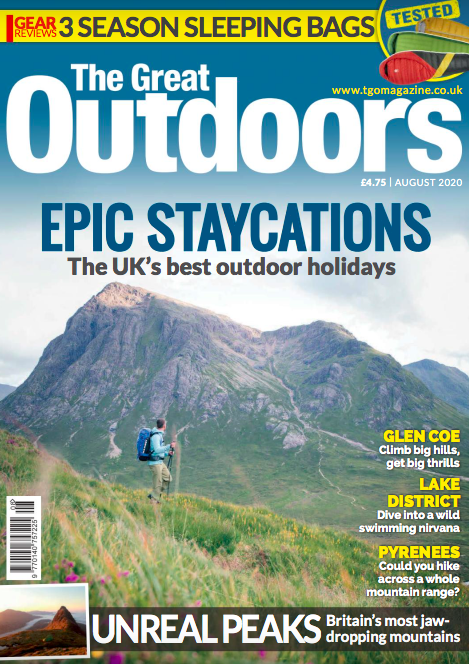 Subscribe to The Great Outdoors
Subscribe to The Great Outdoors
The Great Outdoors is the UK’s original hiking magazine. We have been inspiring people to explore wild places for more than 40 years.
Through compelling writing, beautifully illustrated stories and eye-catching content, we seek to convey the joy of adventure, the thrill of mountainous and wild environments, and the wonder of the natural world.
Want to read more from us?
- Get three issues of the magazine for £9.99, saving 30% with free UK home delivery.
- Take out a full subscription at just £15 for your first six issues.
- Order the latest issue and get it delivered straight to your door for no extra cost.
- Catch up on content you may have missed by buying individual back issues with free postage and packaging.

